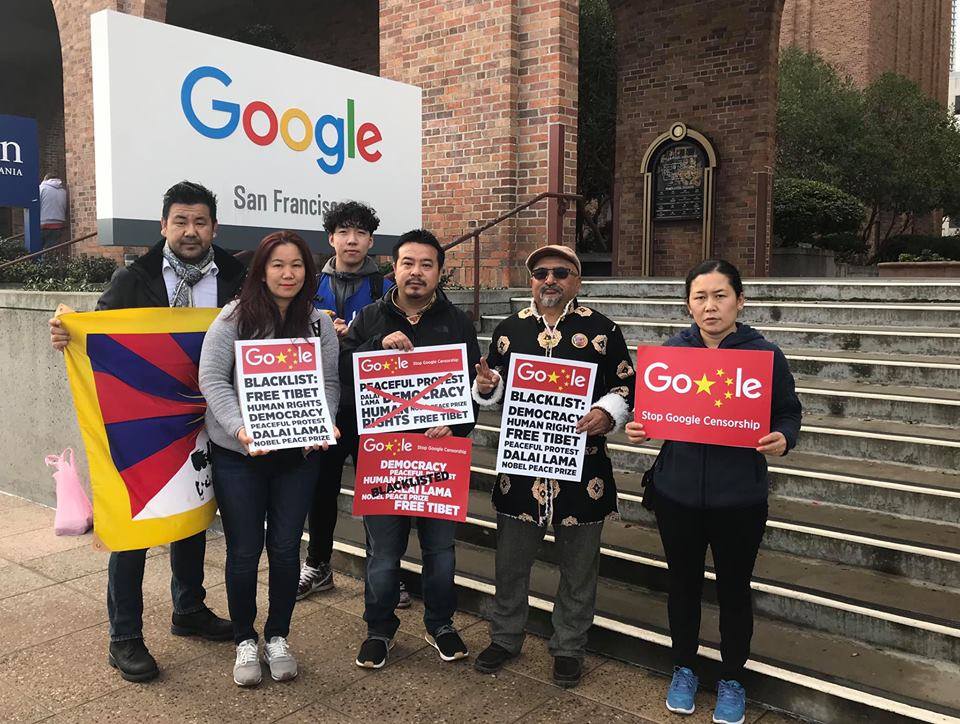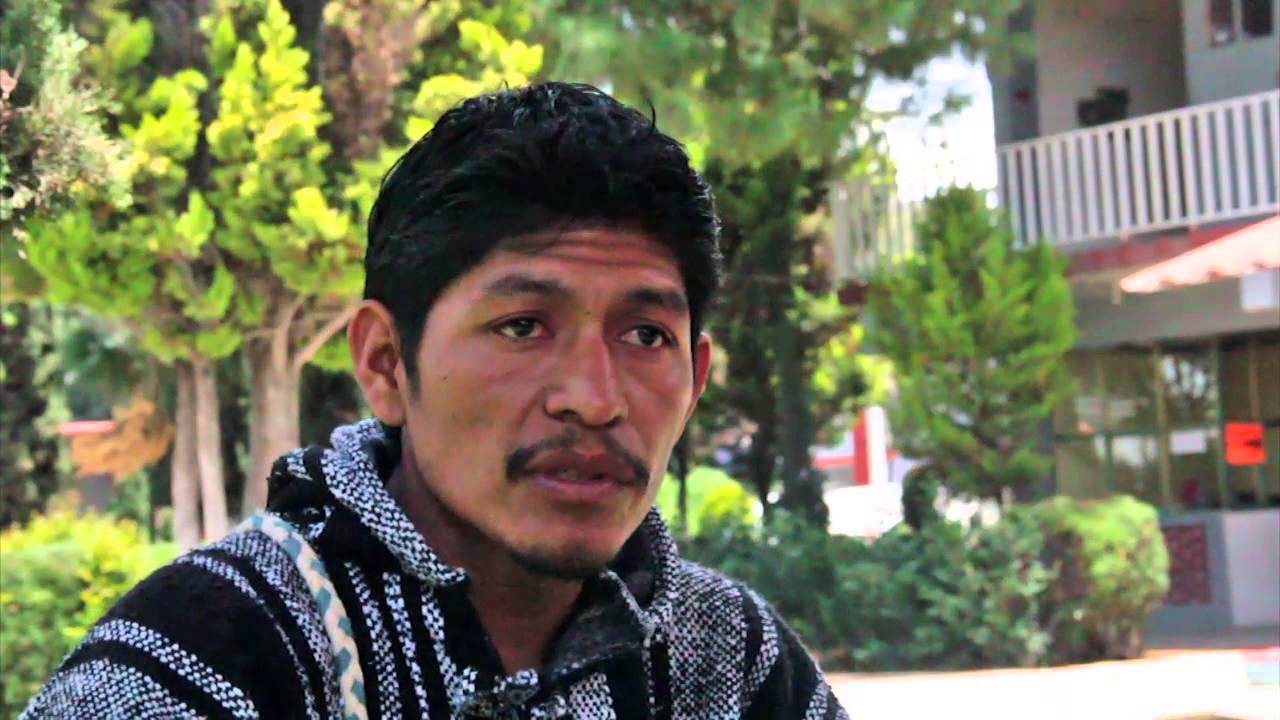Brussels court: PKK activity not ‘terrorism’
After nine years of proceedings, a court in Belgium acquitted multiple defendants accused of activities involving the Kurdistan Workers’ Party (PKK). Belgian judicial authorities had requested that 36 individuals and companies be tried by a criminal court on charges of taking part in "terrorist activity." The Belgian Chamber of Indictment, however, blocked proceedings against all defendants, ruling that the PKK insurgency is an "internal armed conflict" within Turkey and, as such, neither the party nor its armed wing, the People's Defense Forces (HPG), may be considered a terrorist organization under Belgian law. The Turkish Foreign Ministry condemned the decision. (Photo: ANF)




